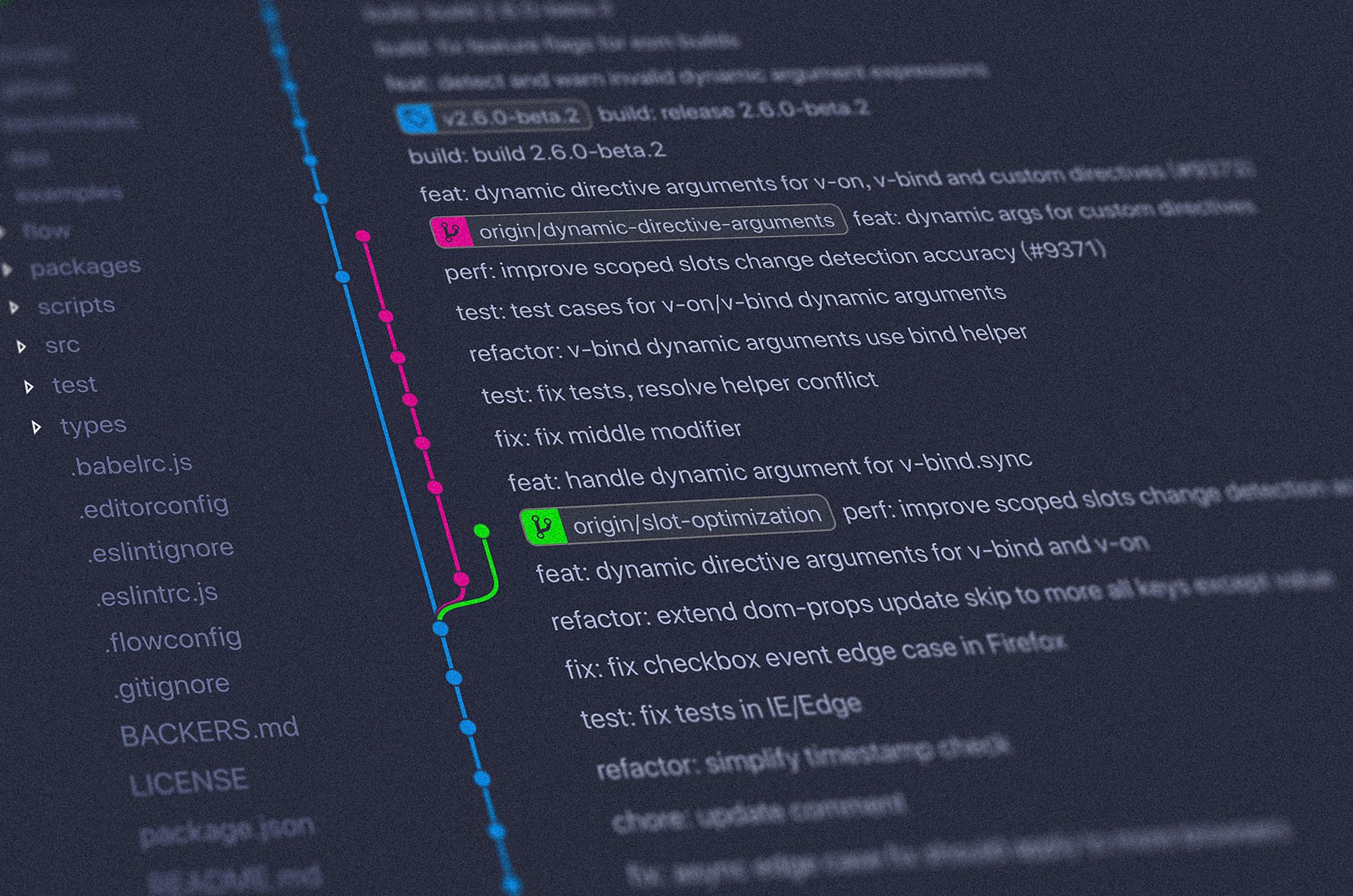Why most developers don’t (get to) code all day
on 7 May 2021 for ProfessionalsCongratulations, you got the job! You’re ready to dive headfirst into your new life as a software developer and write thousands of lines of code. Because that’s your job now, or is it? If you really think developers do nothing but code all day, you’ve probably seen too many movies…
Inspired to write code 24/7? Hold your horses
Although school probably put the emphasis on creating things and writing actual code, there’s a lot more to being a developer. Ofcourse you’re going to spend a lot of your time behind your keyboard, programming but don’t forget there are a lot of other things going on that are at least as important.
Let’s have a closer look at some of them…
Prepare for meetings, lots of them
Depending on the organization you work for, development teams can be quite big. So, naturally a lot of planning and aligning is needed.

Most teams work with an agile framework (like Scrum, for example), which makes things quite efficient. But bear in mind that daily standups, sprint planning and reviews and/or retrospectives can keep you away from your beloved keyboard.
Functional analysis
A lot of the time, you’ll find yourself researching stuff and figuring out how specific features need to work. You’re basically turning business requirements into functional requirements. That way, you’re assured that what you’re building is actually going to solve something and/or help someone.
Of course, functional analysis is an expertise by itself and most of the times even a separate role but if you want to code efficiently, it’s super important to get this step right, straight off the bat.
Debugging
Writing code is one thing but solving problems with that code is another (and often even bigger) part of the equation. Debugging is the process of finding and fixing problems (also known as bugs) within your software.
There are several ways to do this: control flow analysis, interactive debugging, log file analysis, memory dumps, etc.
Note that sometimes clients can also report bugs that are not actual defects. Then the problem often has to do with misinterpretations and/or UX/UI.
Writing documentation
There’s a saying that good code doesn’t need documentation, but sadly that’s just a saying and writing good code doesn’t let you off the hook.

Writing code is only 50% of the job, the other 50% is writing documentation. Documentation gives a clear view on the bigger picture of certain lines, allowing teams to easily collaborate. However, how in-depth this documentation should be, is often company specific. So, make sure to check the expectations before you dive in.
Still want to be(come) a developer?
By now, you’ve probably realized that developers do a lot more than coding all day. And then we haven’t even talked about training end users, learning new languages and/or figuring out new platforms. These are all key parts of a developer’s job and knowing this before you actually start your career as a programmer is probably not a bad thing.
Yet, if you want to focus more on the actual coding part of the job, you can. It’s important to know that you’re always in the driver’s seat of your own career but you’re going to have to communicate about it. This article can definitely help you with that:
About Exellys
Exellys is a Tech Talent Incubator. We match ambitious companies with the finest tech talent. Are you ready to drive the innovations of tomorrow? Ready to make an impact and become a future-fit digital leader?
Whether you are a graduate or (young) professional, Exellys will unlock your full potential by guiding you to a challenging work environment that perfectly matches your personality, expectations and ambitions.
On top of that, you are enrolled in one of our very own training and coaching programs (based on your personal and professional ambition and experience). This means that, while working as an Exellys consultant, we are helping you to bridge your ambition to excellence.
Through intensive training and coaching, you’ll gain the essential skills, competencies and knowledge necessary to become the highly effective professional you aim to be.
Become an Exellyst and get in touch with us today!
Tags: career




